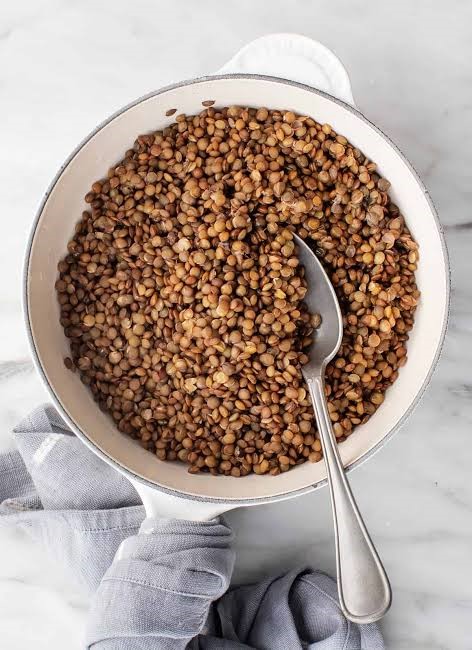A nurse is assisting with teaching a client about dietary choices.
Which of the following should be included in the teaching?
Ground beef
Raw vegetables
Fruit with the skin
High fiber cereals
High fiber cereals
The Correct Answer is D
Choice A rationale
Ground beef is not the best choice for a client learning about dietary choices. While it is a source of protein, it is also high in saturated fats, which can contribute to heart disease and other health problems. Choice B rationale
Raw vegetables are a good source of fiber and various vitamins and minerals. However, they should be washed thoroughly before consumption to remove any potential contaminants.
Choice C rationale
Fruit with the skin can be a good source of fiber and vitamins. However, like vegetables, they should be washed thoroughly before consumption.
Choice D rationale
High fiber cereals are a great choice for a healthy diet. They can help to regulate bowel movements, lower cholesterol levels, and control blood sugar levels.

Nursing Test Bank
Naxlex Comprehensive Predictor Exams
Related Questions
Correct Answer is A
Explanation
Choice A rationale
Placing clean linen that touched the floor in the soiled linen bag is a correct practice. This is because the floor is considered dirty, and any linen that comes into contact with it should be considered contaminated.
Choice B rationale
Shaking soiled linen to remove any toilet paper remnants is not a correct practice. Shaking soiled linen can disperse pathogens into the air, increasing the risk of disease transmission.
Choice C rationale
Placing the soiled linen on the floor before bagging it is not a correct practice. Soiled linen should be handled as little as possible and placed directly into a designated, leak-proof container.
Choice D rationale
Holding the soiled linen against her body while carrying it to the linen bag is not a correct practice. Soiled linen should be handled carefully to avoid contact with the body, as this can lead to contamination of the worker’s clothing and potentially spread infection.
Correct Answer is B
Explanation
The correct answer is Choice B.
Step 1 is to verify the provider’s order to discontinue the tube. It is crucial to ensure that the removal of the NG tube is in accordance with the provider’s orders before proceeding with the removal process.
Whether you are a student looking to ace your exams or a practicing nurse seeking to enhance your expertise , our nursing education contents will empower you with the confidence and competence to make a difference in the lives of patients and become a respected leader in the healthcare field.
Visit Naxlex, invest in your future and unlock endless possibilities with our unparalleled nursing education contents today
Report Wrong Answer on the Current Question
Do you disagree with the answer? If yes, what is your expected answer? Explain.
Kindly be descriptive with the issue you are facing.
